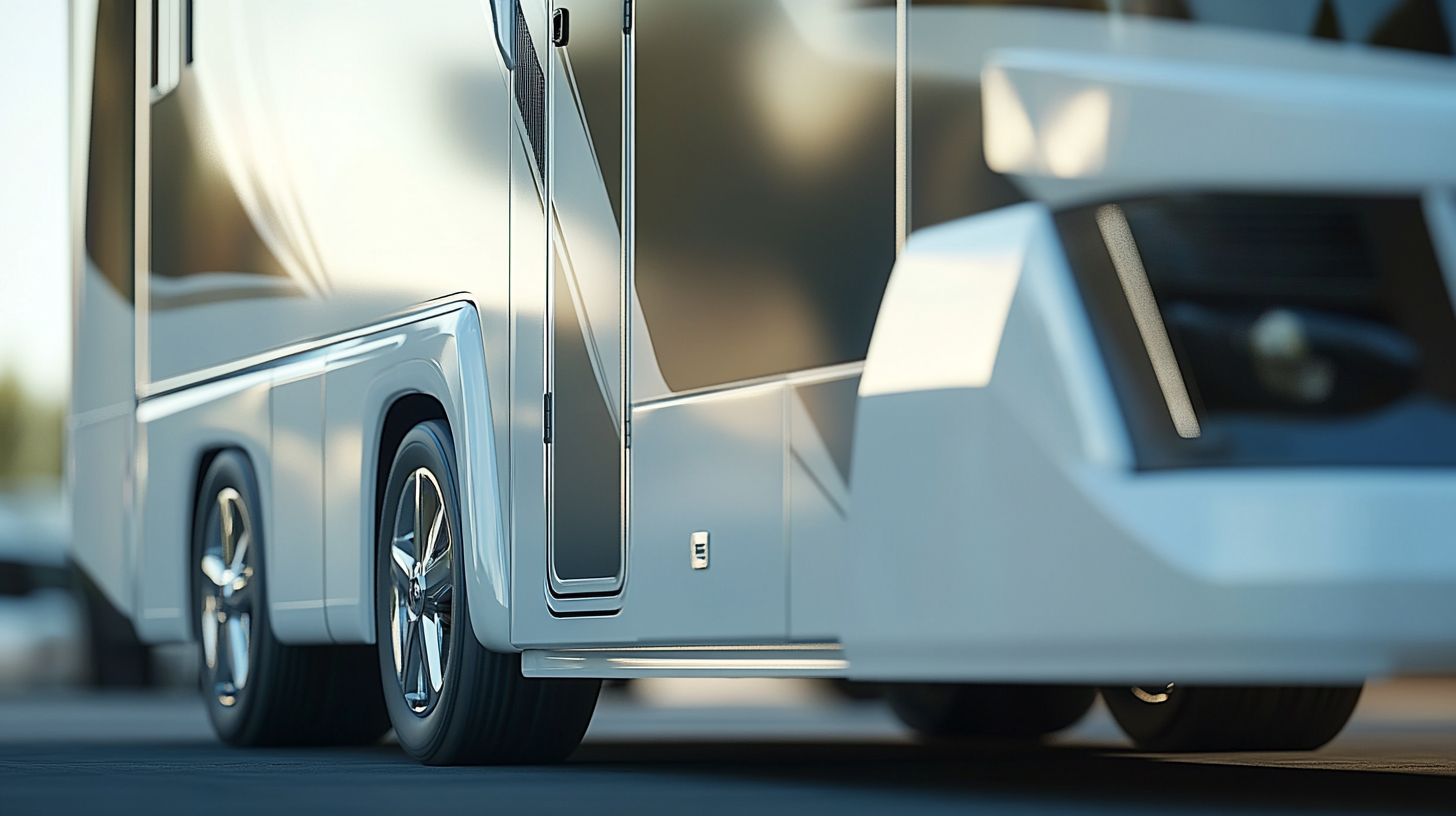Members of the RV Industry Association (RVIA) have an opportunity to engage directly with federal, state, and local policymakers by hosting them at their business locations. This initiative aims to provide lawmakers with firsthand insight into the industry’s economic contributions and the potential effects of proposed legislation.
The RVIA’s Government Affairs team assists members in coordinating these visits by offering talking points, policy positions, and logistical support, according to a News and Insights report by RVIA.
By facilitating these meetings, the association seeks to strengthen industry advocacy and ensure policymakers understand the regulatory and economic landscape affecting RV manufacturers, suppliers, and related businesses.
RVIA represents a $140 billion economic sector, producing 98% of all RVs manufactured in the United States. With offices in the Washington, D.C. area and Elkhart, Indiana, the RVIA works to advance the interests of over 500 manufacturers, component suppliers, and aftermarket businesses that comprise the industry’s supply chain.
According to the U.S. Department of Commerce’s Bureau of Economic Analysis, the outdoor recreation industry contributes 2.2% to the national GDP, with RVing as the largest conventional activity.
In 2022, the RV industry supported nearly 680,000 jobs and generated over $48 billion in wages while paying $13.6 billion in federal, state, and local taxes.
Through its advocacy efforts, the RVIA seeks to promote a favorable business environment, ensuring the industry continues to thrive. The association works closely with lawmakers and regulatory agencies to address challenges such as supply chain constraints, workforce development, and outdoor recreation policy.
Beyond regulatory matters, the RVIA emphasizes the importance of consumer engagement and market growth.
Programs such as the Go RVing consumer awareness campaign and the RV Technical Institute’s (RVTI) technician training initiative aim to enhance the overall experience for RV owners while supporting the industry’s long-term sustainability.
The association also conducts regular inspections of member manufacturing facilities to uphold industry-approved standards. These inspections help maintain quality assurance and reinforce consumer confidence in the products and services offered by RVIA members.


